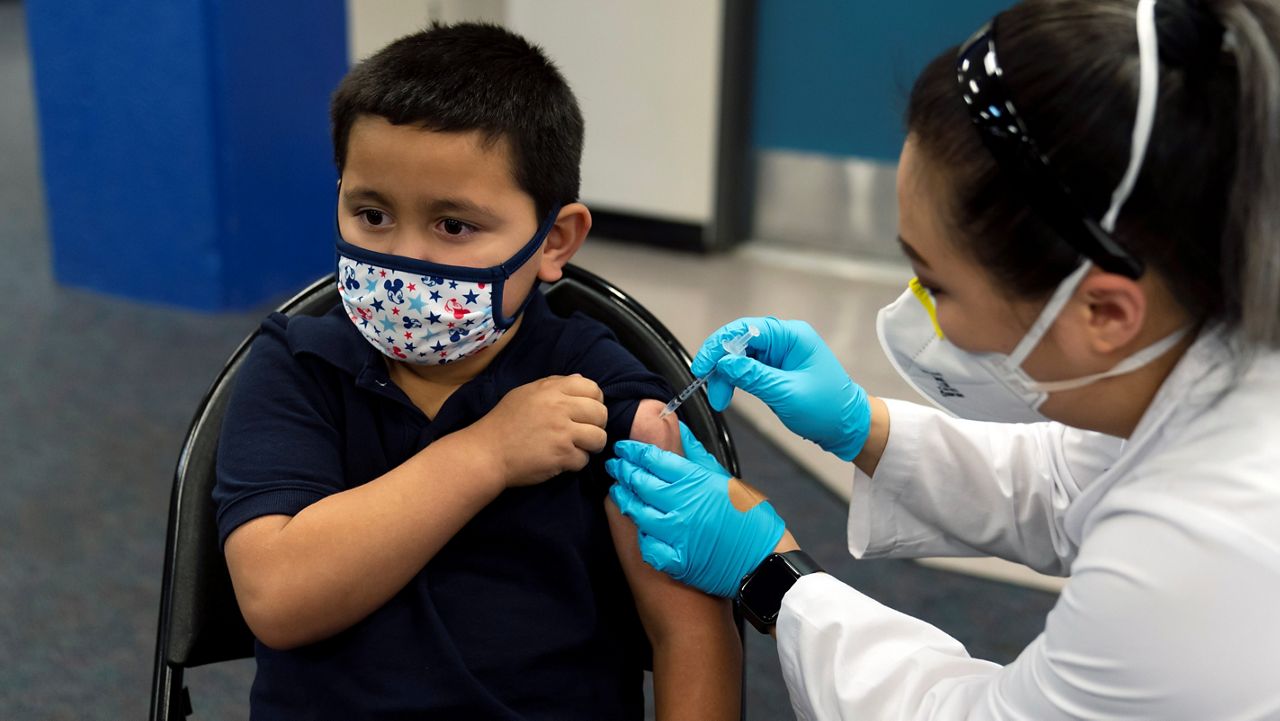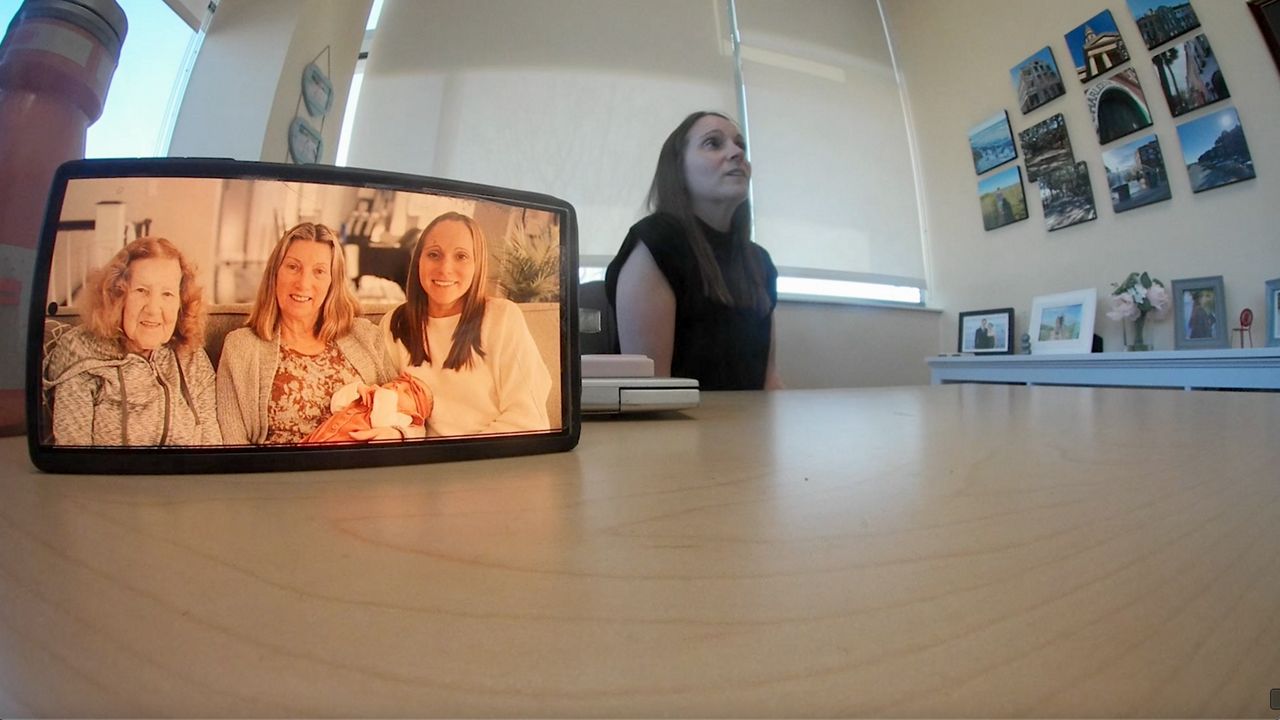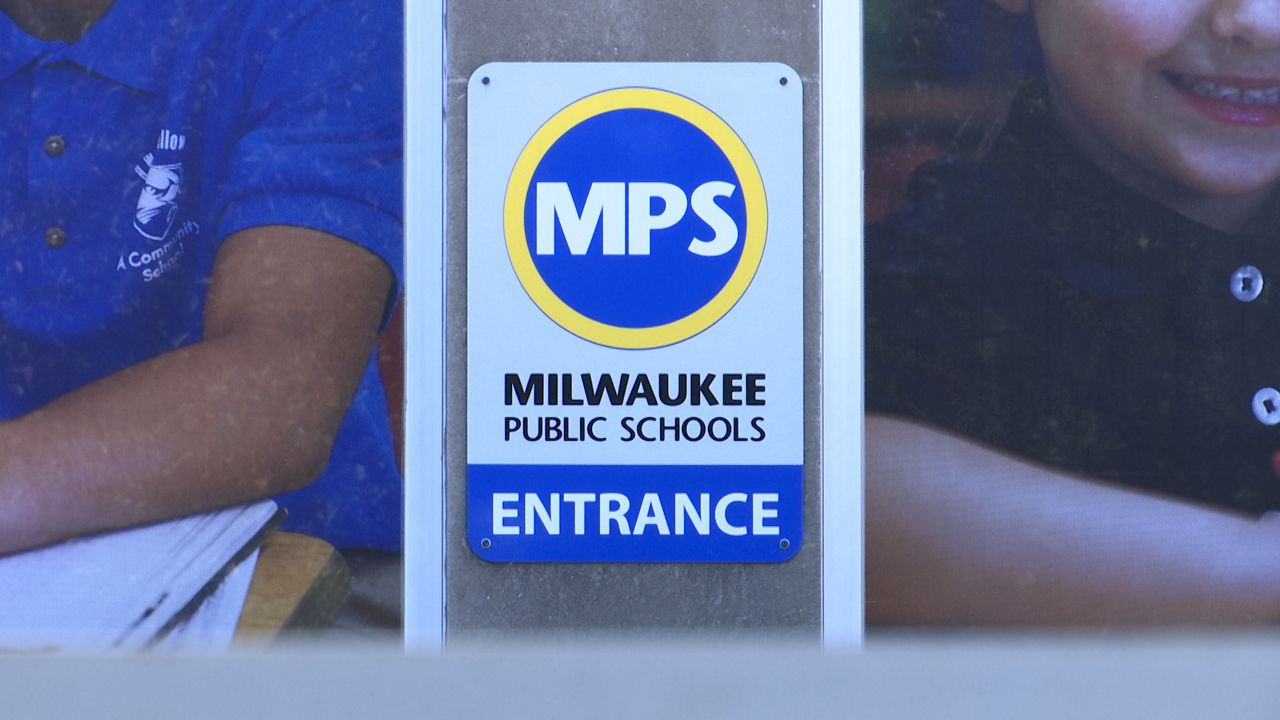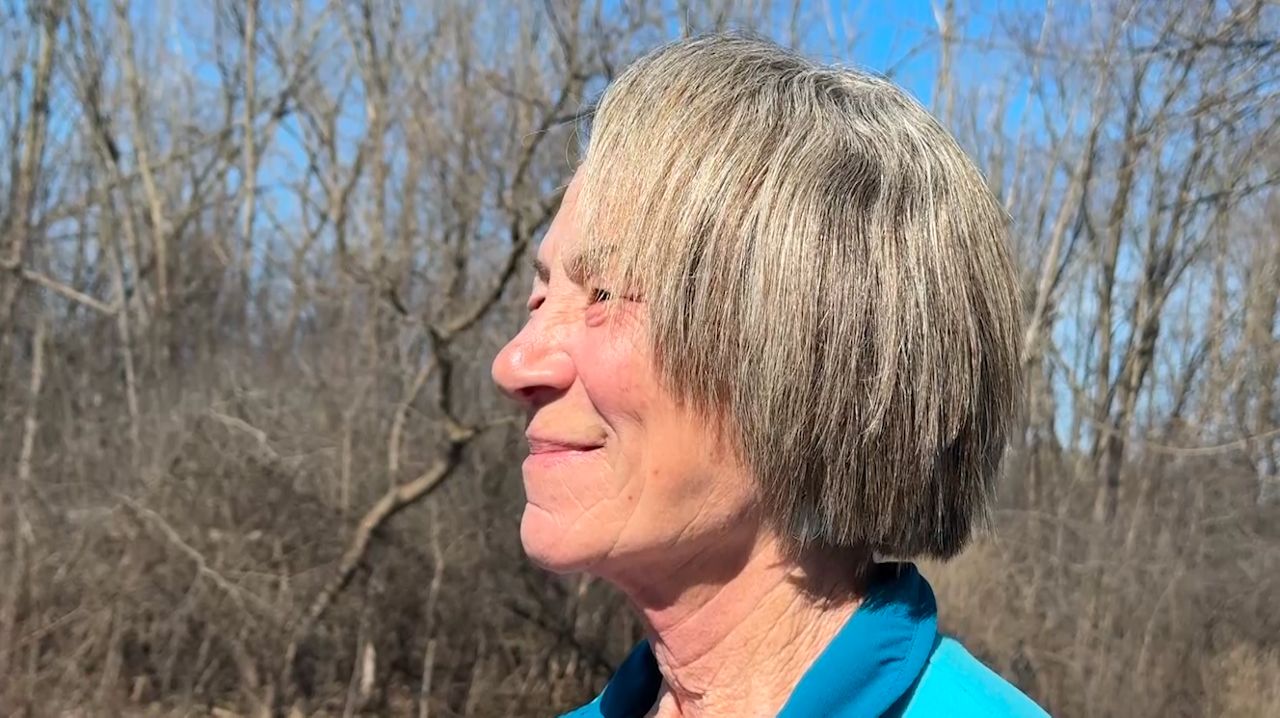WISCONSIN — Children in child care centers and schools now have updated vaccination requirements in 2023, the Wisconsin Department of Health Services announced Wednesday.
What You Need To Know
- Wisconsin DHS announced new requirements relating to meningitis, whooping cough and chickenpox vaccinations
- Changes will go into effect on Feb. 1, 2023 for child care centers and in the 2023-24 school year for school-age children
- Only about 88.7% of students met minimum vaccine requirements in the 2021-22 school year, a decrease of 3.2%
- Parents can check their children's vaccination records online via the Wisconsin Immunization Registry
It comes amid updates to the state’s administrative code, which outlines immunization requirements for child care and school entry, and low vaccination rates for children in these settings.
Only about 88.7% of students met the minimum vaccination requirements in the 2021-22 school year, a decrease of around 3.2% from the year prior.
Requirements are changing for meningitis and whooping cough (tetanus, diphtheria, and acellular pertussis) vaccinations and documentation of chickenpox infections.
“These updates will help Wisconsin students, educators and staff stay safer, healthier, and in school by bringing Wisconsin closer to the current nationwide vaccine recommendations from the Advisory Committee on Immunization Practices (ACIP), a group of medical and public health experts who develop recommendations on the use of vaccines in the United States,” DHS leaders said in the updates release.
For meningitis, students in 7th grade will now be required to get the MenACWY-containing vaccine for entry to 7th through 11th grade. They’ll also need a booster in 12th grade, though that comes with some exceptions. If a child has had their first dose of the MenACWY-containing vaccine at age 16 or older, they will not need the booster; those who receive the first dose between ages 11 and 15 will still need the booster.
Previously, this meningitis vaccine was not required. Officials said this change will help prevent outbreaks of meningitis in Wisconsin schools.
The first dose of the whooping cough vaccination (Tdap) will now be required in 7th grade. Previously, this was given to students in 6th grade. DHS said this change will allow for children to meet the recommended age requirement for receiving the vaccine, which is at the age of 11.
Child care centers and schools will also no longer accept a parent’s or guardian’s report of chickenpox cases to get an exception to the vaccine. These institutions will now only accept proper documentation of a chickenpox case from a health care professional.
“Each of these vaccines is already recommended for children, and today’s update improves that protection. Parents who choose to keep their children up to date on vaccinations are not only protecting their own child’s health but are making a choice that protects the people who live and work in their communities,” said DHS Deputy Secretary Deb Standridge.
Changes will go into effect on Feb. 1, 2023 for child care centers and at the start of the 2023-24 school year for school-age children.
DHS officials noted there are no changes to existing exemptions for medical, religious, or philosophical reasons, and that seasonal flu and COVID-19 vaccinations are not required, but still strongly recommended.
For help finding a local provider of clinic, parents or guardians can call 211 or visit the Vaccines for Children program provider, which provides no or low-cost vaccines for eligible individuals.
You can check your child’s vaccination record through the online Wisconsin Immunization Registry, or by contacting your primary doctor, provider, community clinic and local or Tribal health department.
A full schedule of when to get immunizations for your children can be found on the Centers for Disease Control and Prevention website.









